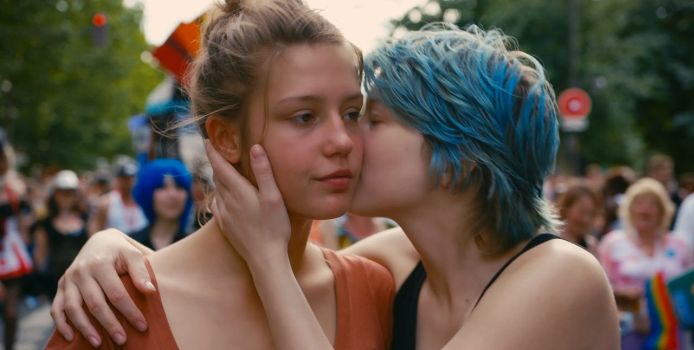diversity
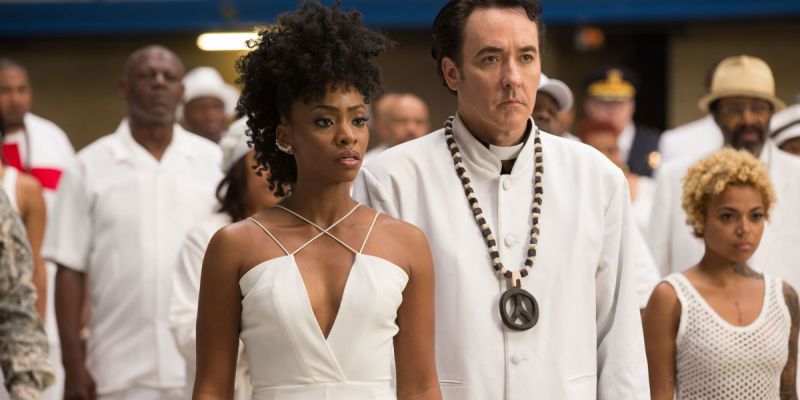
The outcry against this year’s vanilla list of contenders for the 2016 Academy Awards is reverberating across the country with Spike Lee and Will and Jada Pinkett Smith boycotting Hollywood’s most prestigious fete of the year. Even Mark Ruffalo, nominated for Spotlight, considered joining the boycott before ultimately opting to attend the award ceremony. The Academy of Motion Picture Arts and Sciences made an announcement on Friday regarding new diversity initiatives, but I would hardly say that they’re ‘leading’ the industry by placing some restrictions on lifetime voting and finally attempting some diversity recruiting.
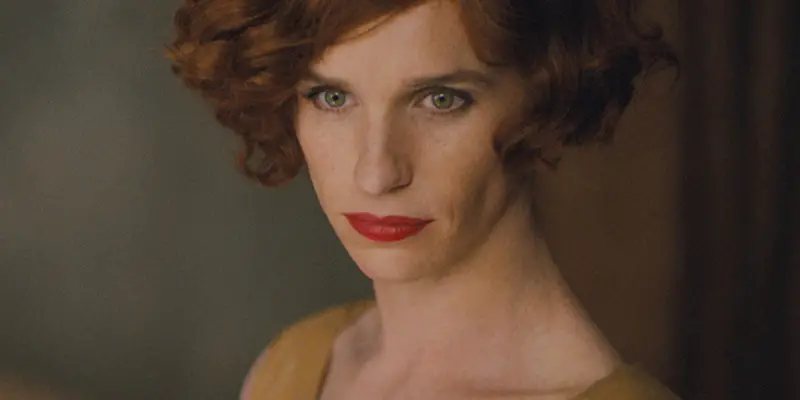
As another Hollywood award season gathers momentum, so too do its accompanying controversies and questions. Last year’s Academy Awards were remembered as much for the hashtag #OscarsSoWhite as they were for any of the achievements of film’s apparent best and brightest. This, coming the year after 2014’s Oscars host Ellen DeGeneres knowingly quipped before the Best Picture award was announced that:
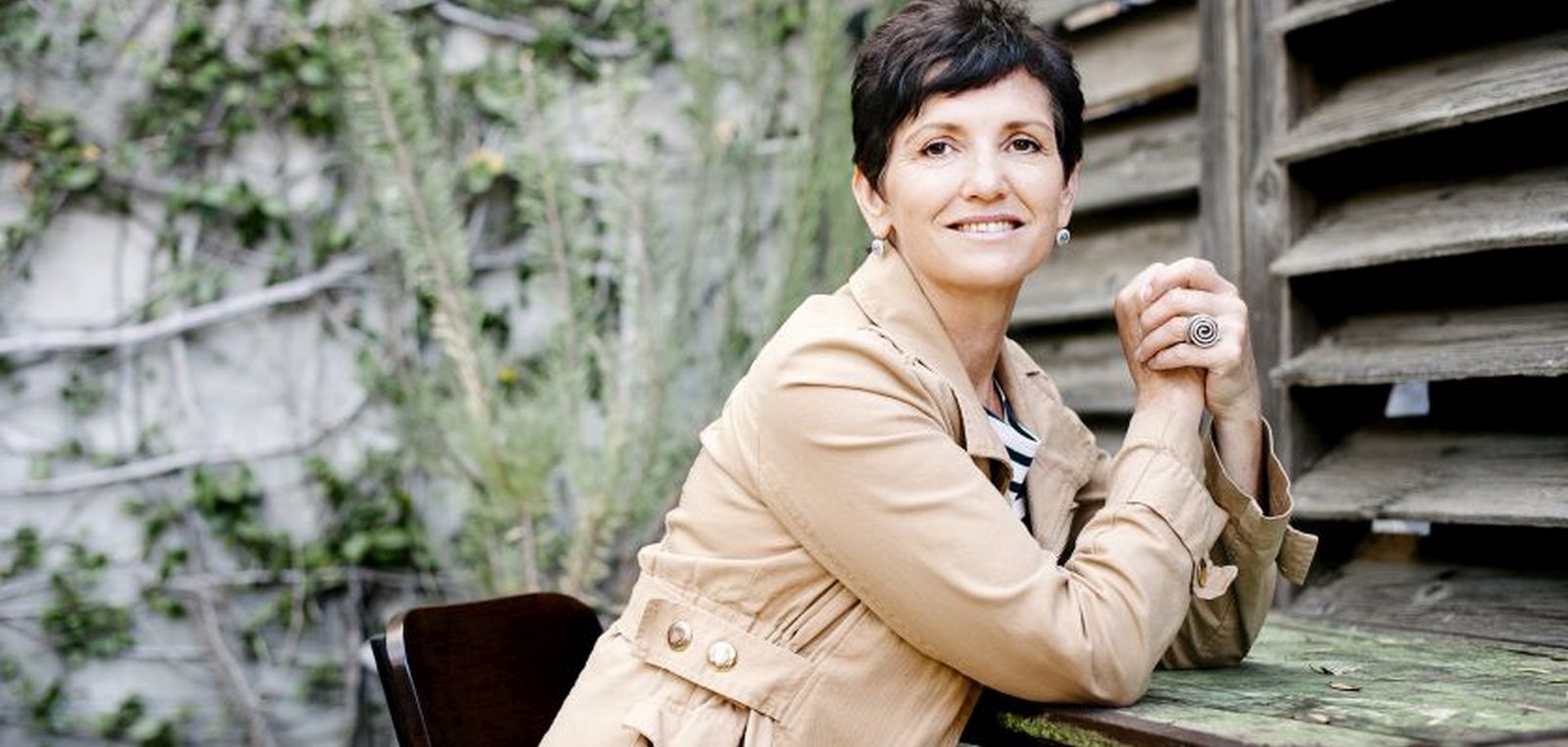
Today we would like to announce that Maria Giese and Film Inquiry are joining forces in championing women directors and promoting awareness about the systematic under-representation of women directors in Hollywood. Giese is a unique and important voice in the film industry today, and we are very excited to work with her. About Maria Giese Maria Giese, graduate of Wellesley College and UCLA’s Graduate School of Film & Television, is a writer/director.
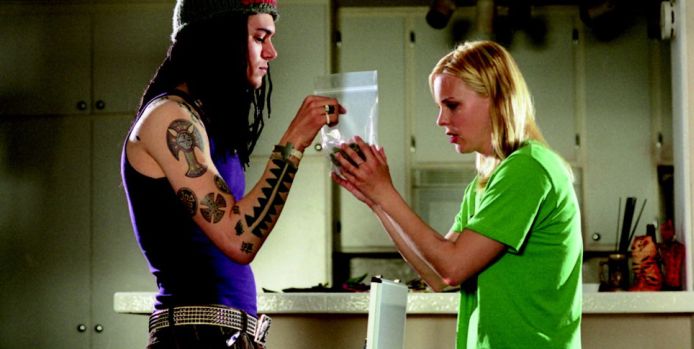
Stoner movies aren’t really the best education on weed culture, I’ll be honest with you. If you learnt everything about toking up from watching comedies like Pineapple Express (2008) and This is the End (2013), you know that men like to get really high. They roll up joints and blunts, take plenty of hits on bongs and bowls, and order in family-size pizzas.
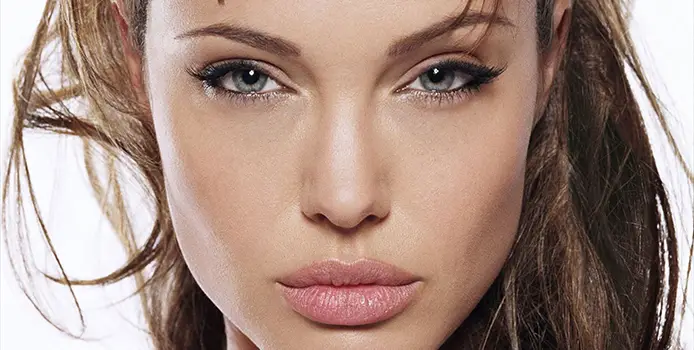
The New York Film Academy have kindly asked for Film Inquiry to discuss and respond to their new infographics. With one of their topics being on gender inequality in cinema (seen below and also found here), I was instantly drawn to writing this article because the issue is very close to my heart, alongside the fact that I would like to go into the cinematic industry when I am older. Will my gender affect my chances of having a job in this male-dominated industry?

For as long as film has been made, it has been dominated by men, both in its making and on the screen itself. In the beginning we could’ve blamed this inequality on the views of the day. Then we could have blamed it on a societal hangover; views on women as equal to men had only recently changed, and representations hadn’t quite caught up.
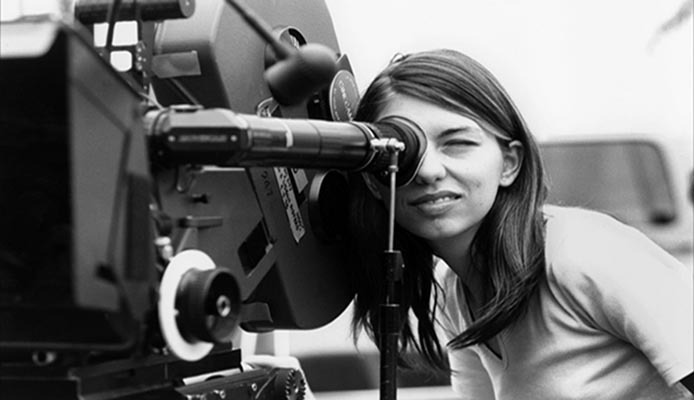
Hollywood has always been something of a boys club. If you think about the golden era of the studio system, you always hear about larger-than-life stars and the maverick, alpha-male directors that made all the classics we know and love today. Think of pictures of giants such as Howard Hawks, Samuel Fuller, John Huston, or Alfred Hitchc*ck, who are usually seen dictating their vision with booming authority.



